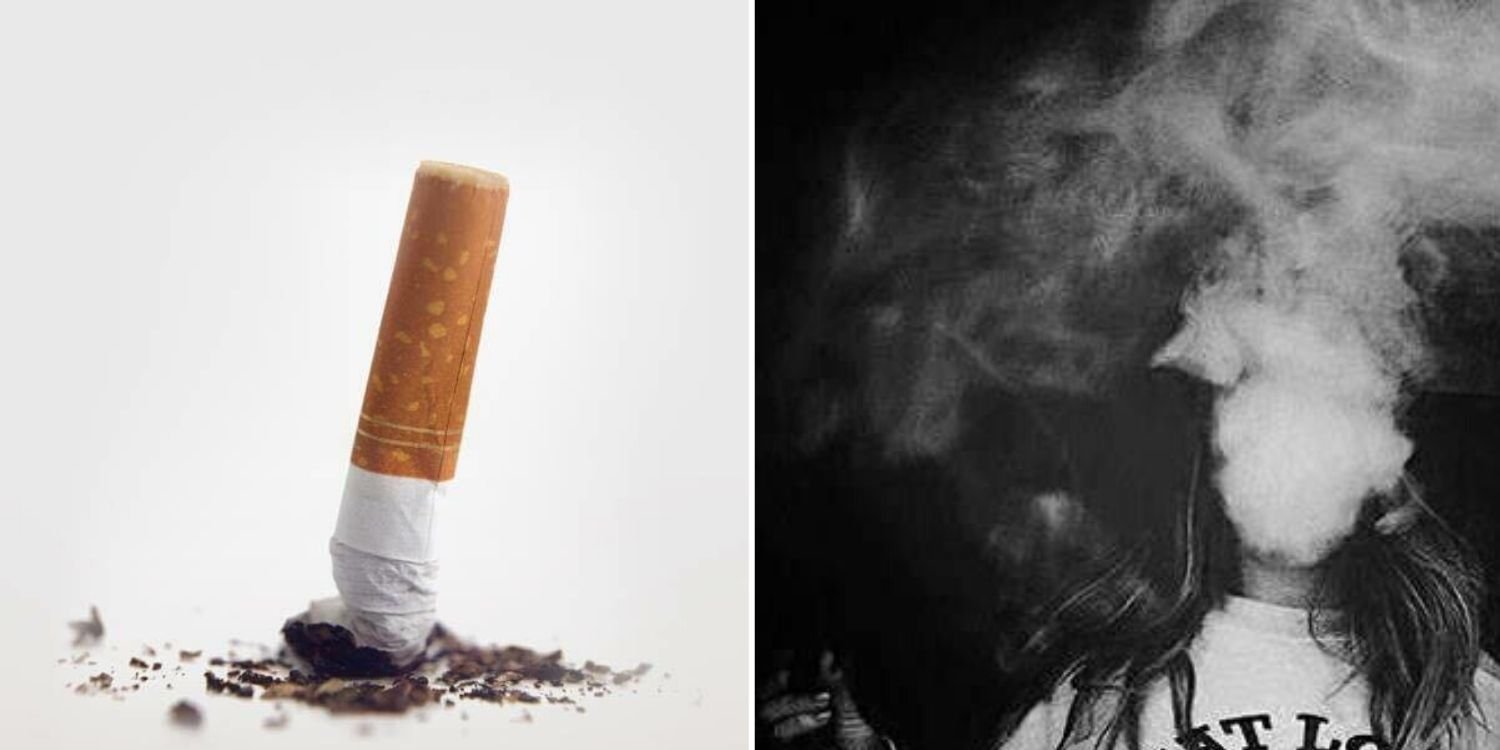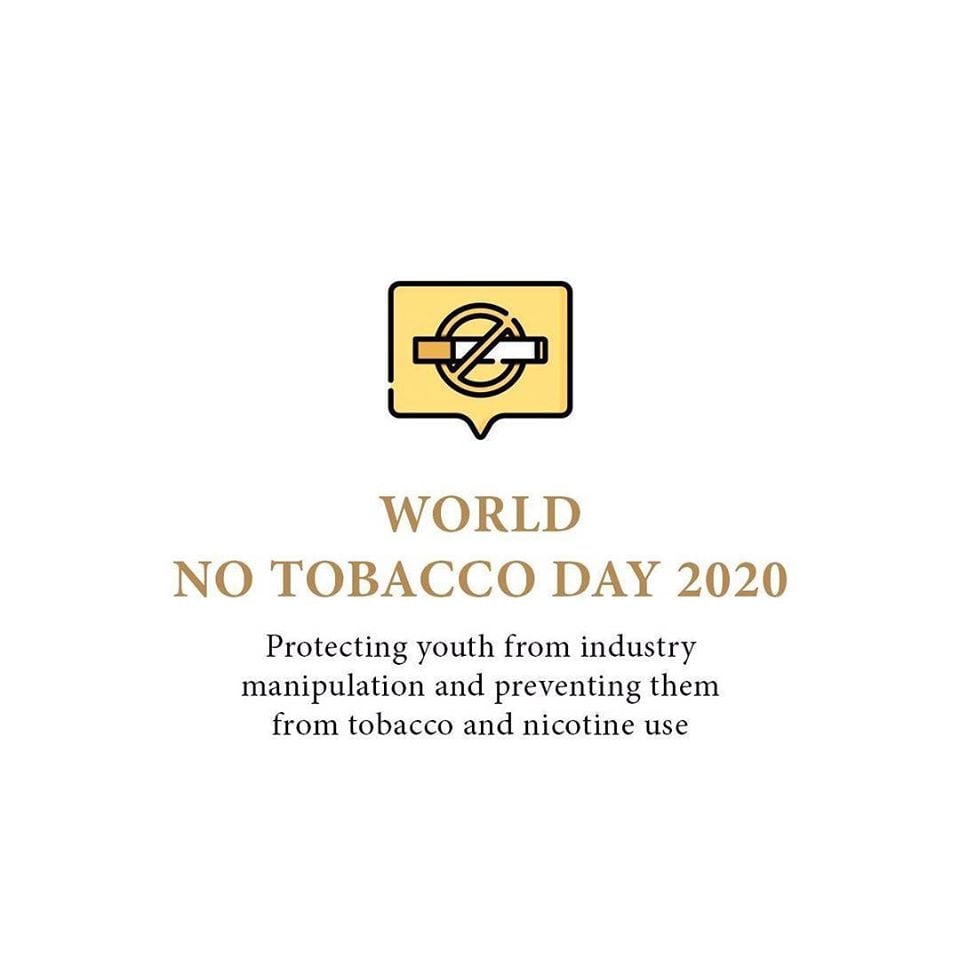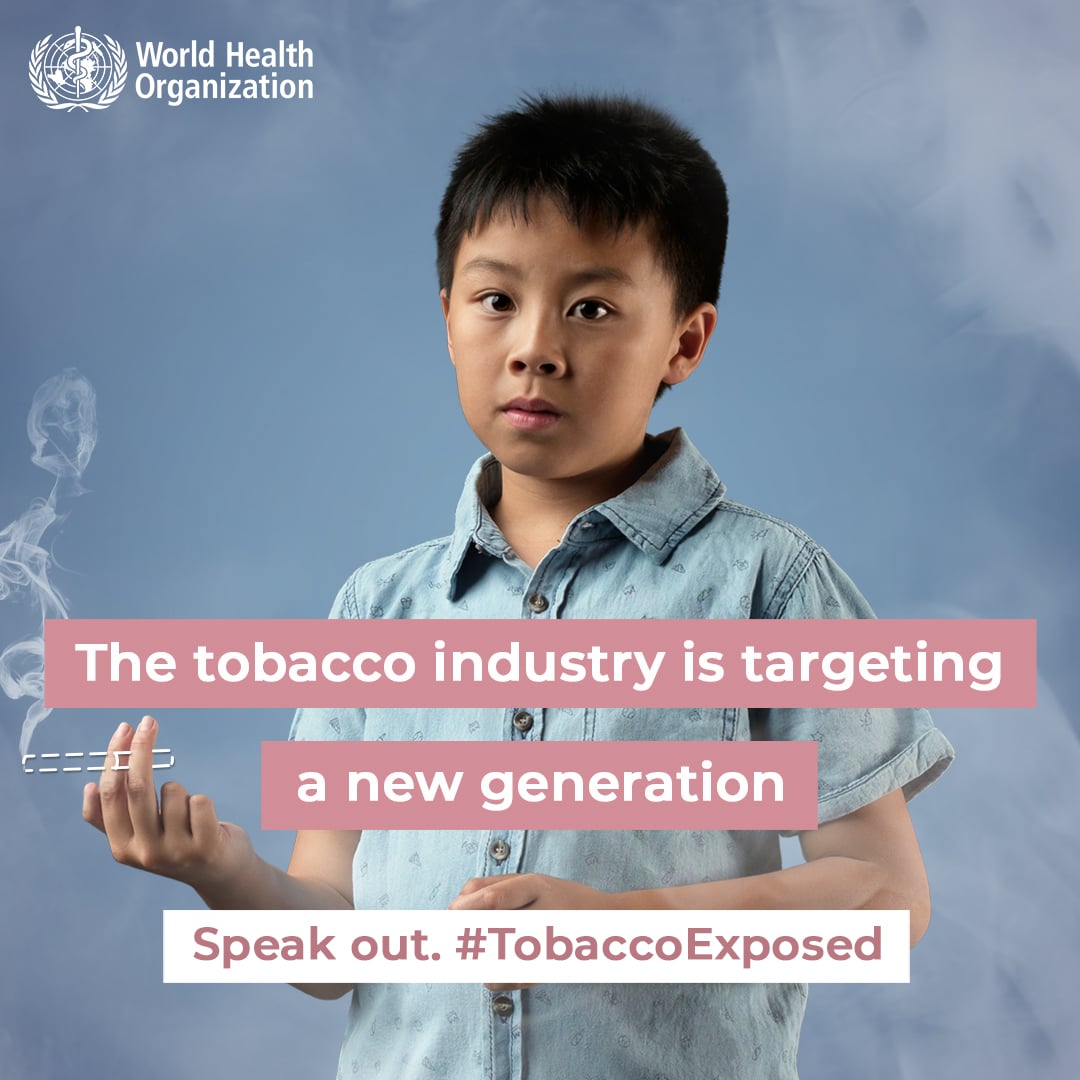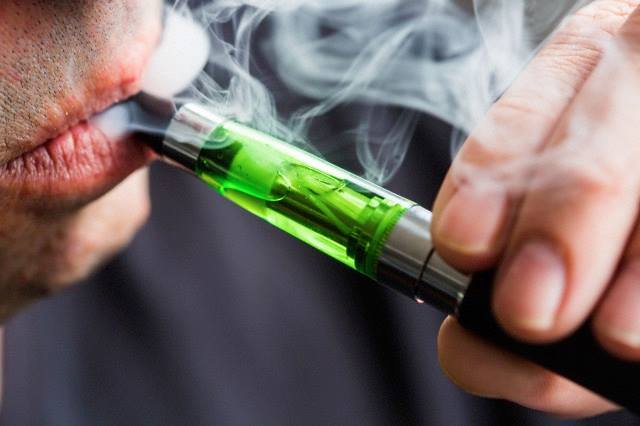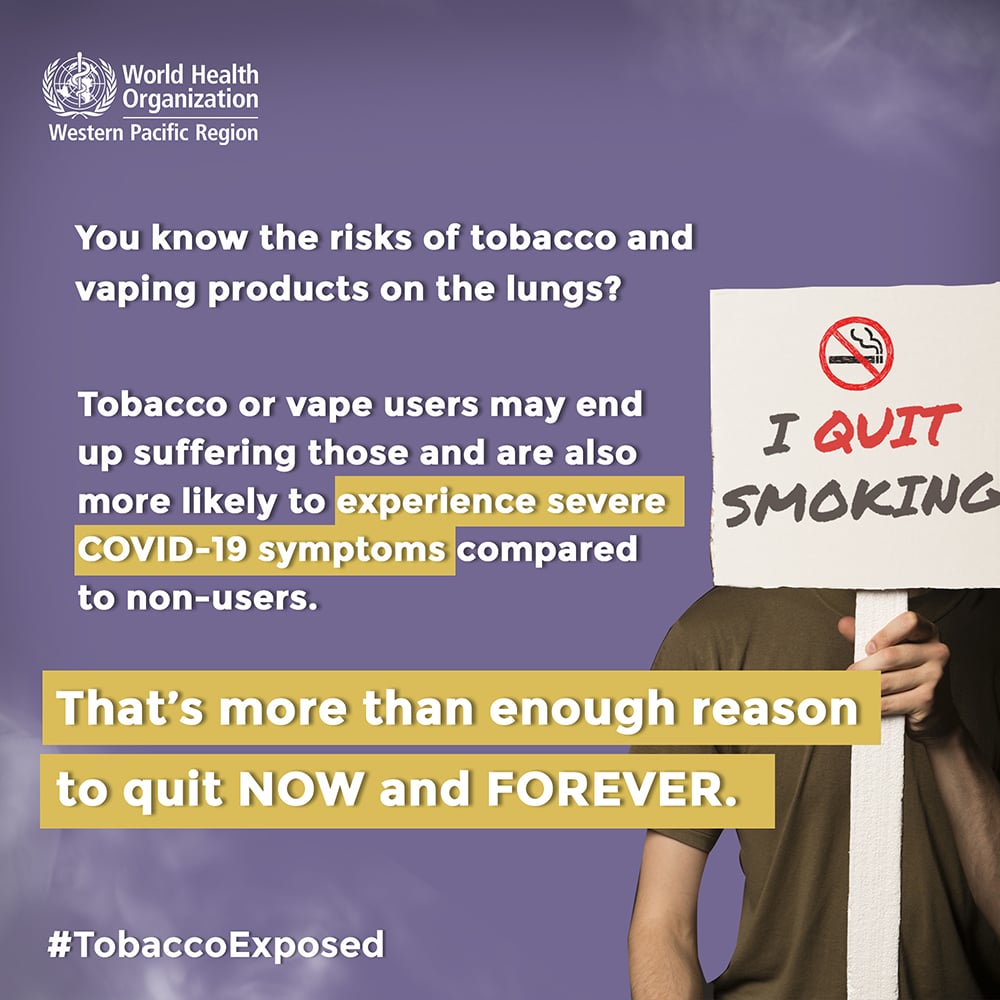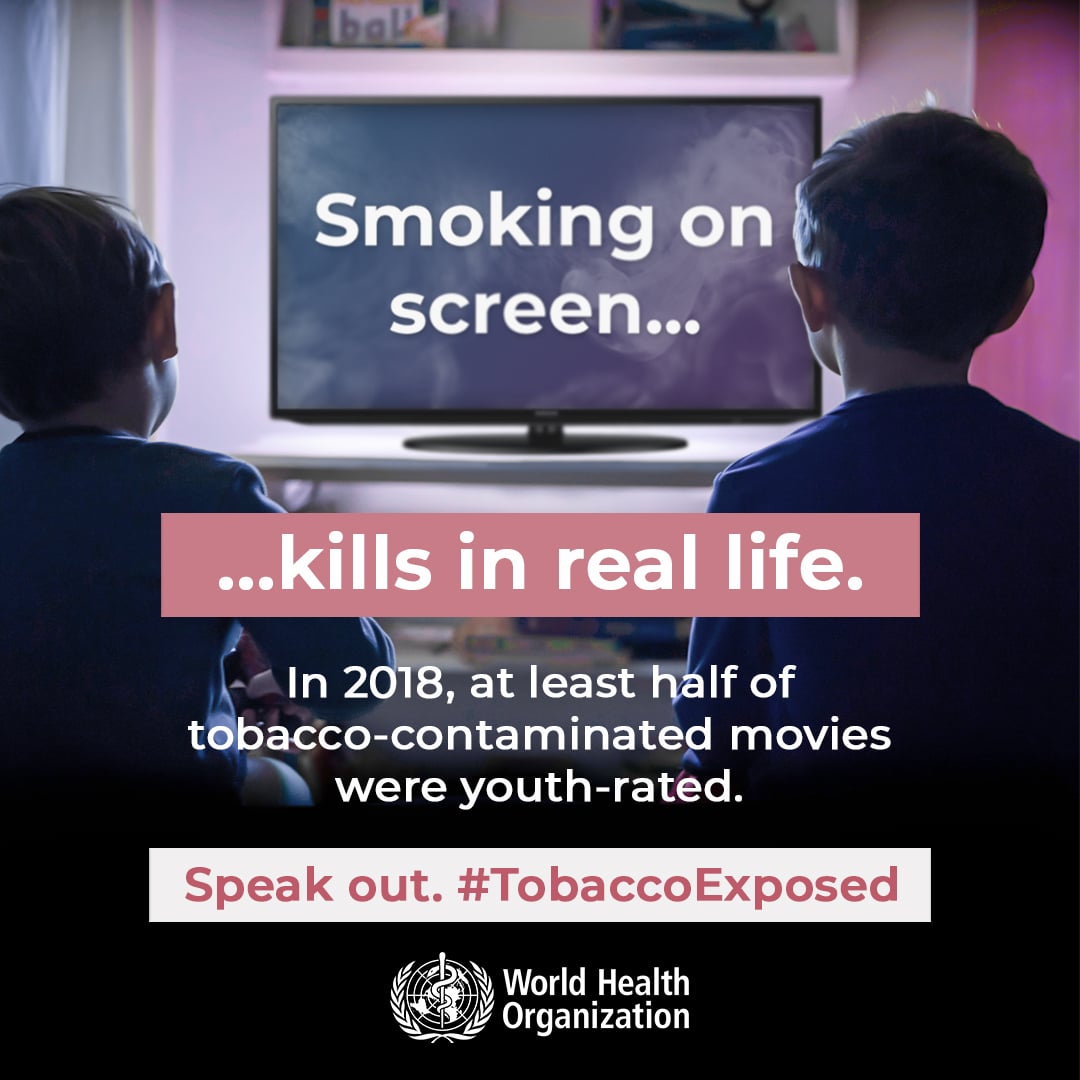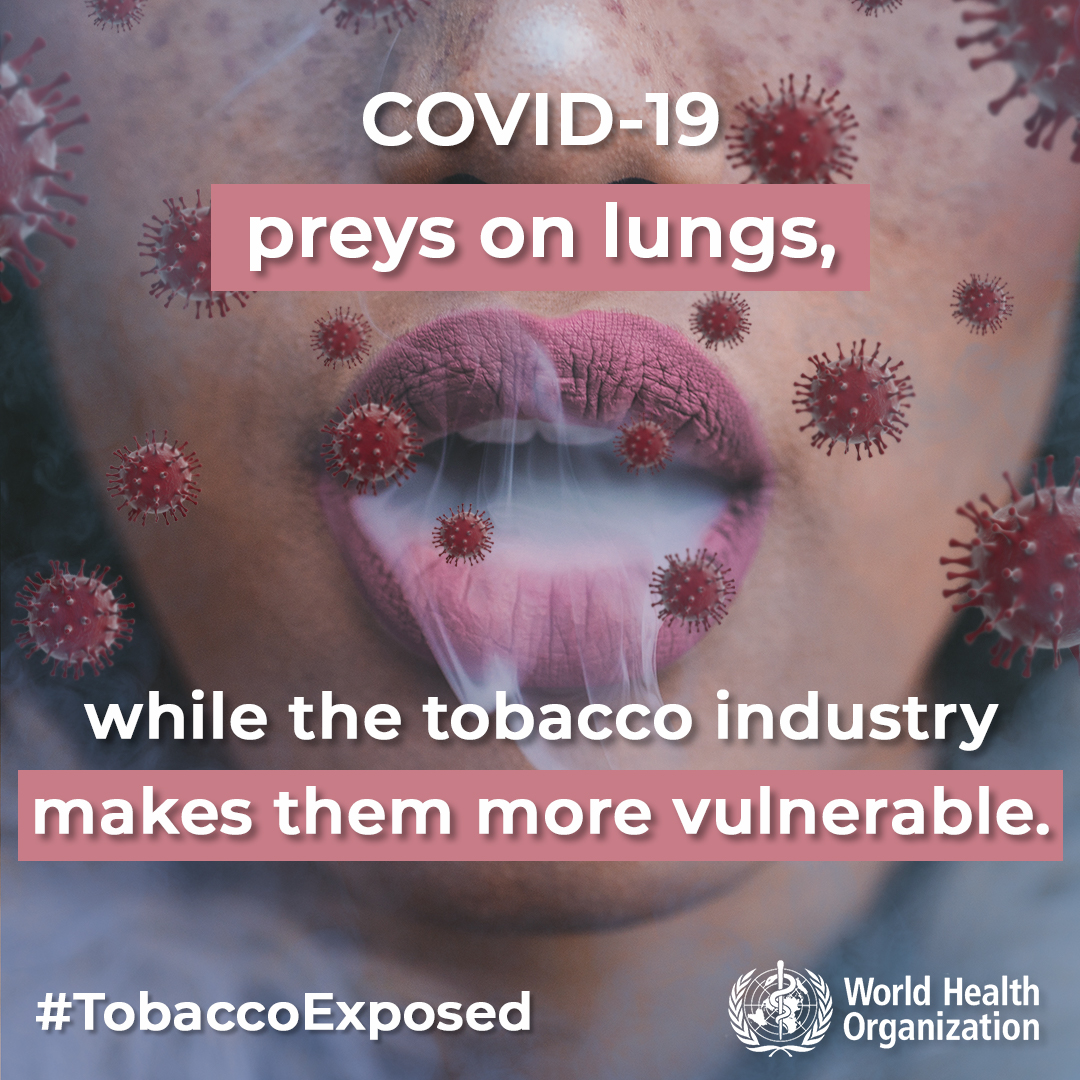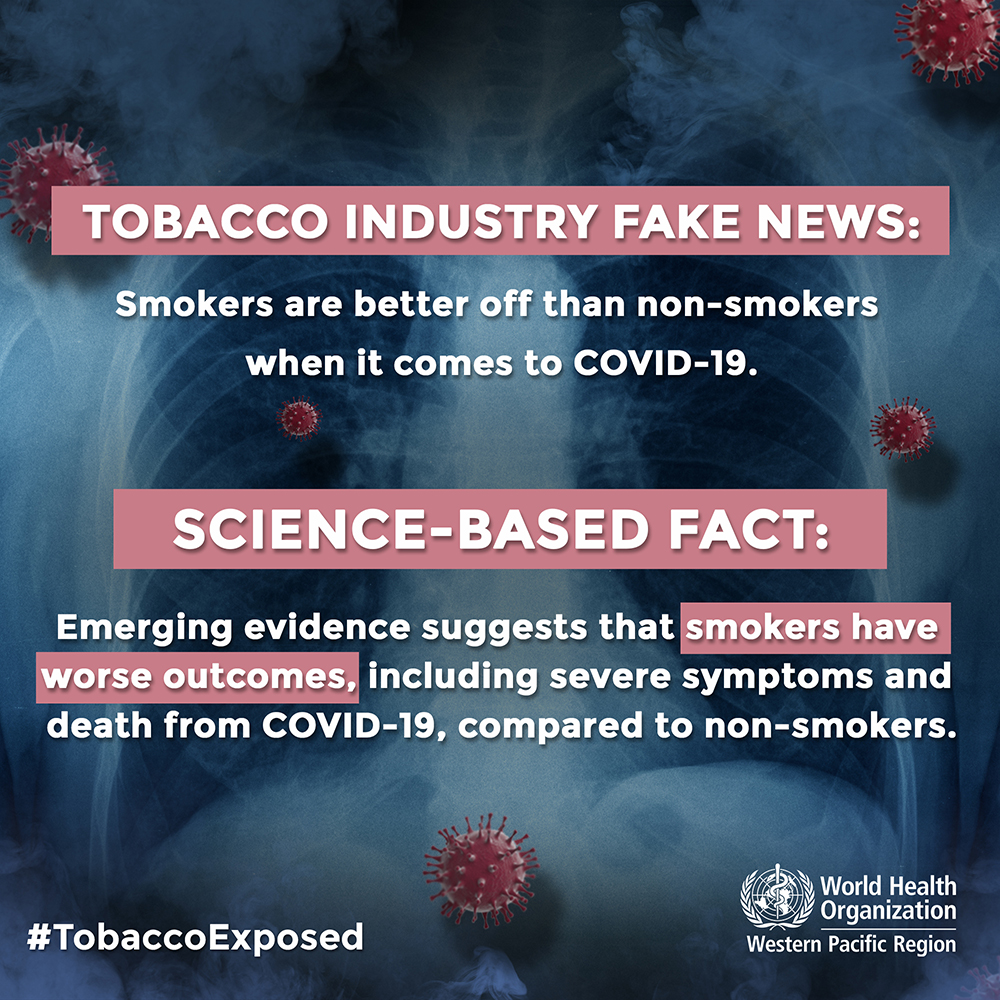S’pore Gets No Tobacco Day Award From World Health Organisation
World No Tobacco Day was on Sunday (31 May), and World Health Organisation (WHO) has been reaching out to the young in an effort to prevent a new generation from picking up the habit.
It’s quite apt then that Singapore has won a World No Tobacco Day Award this year, thanks to our efforts in trying to curb smoking at a young age.
The news might have gone under the radar if not for a Facebook post on Sunday (31 May) by Sembawang GRC Member of Parliament Amrin Amin.
Mr Amrin praised the Ministry of Health (MOH) and the Health Promotion Board (HPB) for the “significant achievement”. Here’s what else he had to say about Singapore’s efforts to reduce tobacco usage.
3 reasons why S’pore won the award
Mr Amrin shared that we won the award for implementing these 3 policies:
- Raising minimum legal age for buying & using tobacco progressively to 21
- Standardised packaging for cigarettes
- Banning e-cigarettes, vapourisers & heated tobacco products
Singapore was honoured among other awardees in the Western Pacific Region, including China, South Korea & Australia, according to the WHO website.
Minimum age to be raised to 21 on 1 Jan, 2021
To further decrease the chances for young people to take up smoking before they turn 21, MOH progressively raised the minimum age for a person to buy, use, possess, sell and supply tobacco products.
The minimum age went up from 18 to 19 years old on 1 Jan, 2019, was raised to 20 on 1 Jan this year, and will go up to 21 on 1 Jan, 2021.
Standardised packaging for all tobacco products from 1 July
In an effort to further reduce the attraction of smoking to young people, MOH also will implement mandatory standardised packaging for all tobacco products, which will also have to carry graphic health warnings enlarged to 75% of the surface.
This will come into effect on 1 July, the MOH said.
Other packaging requirements include the removal of all colours, logos, images and promotional information on the packaging other than brand and variant names in plain colour and font.
Thus, our tobacco products will soon look something like this:
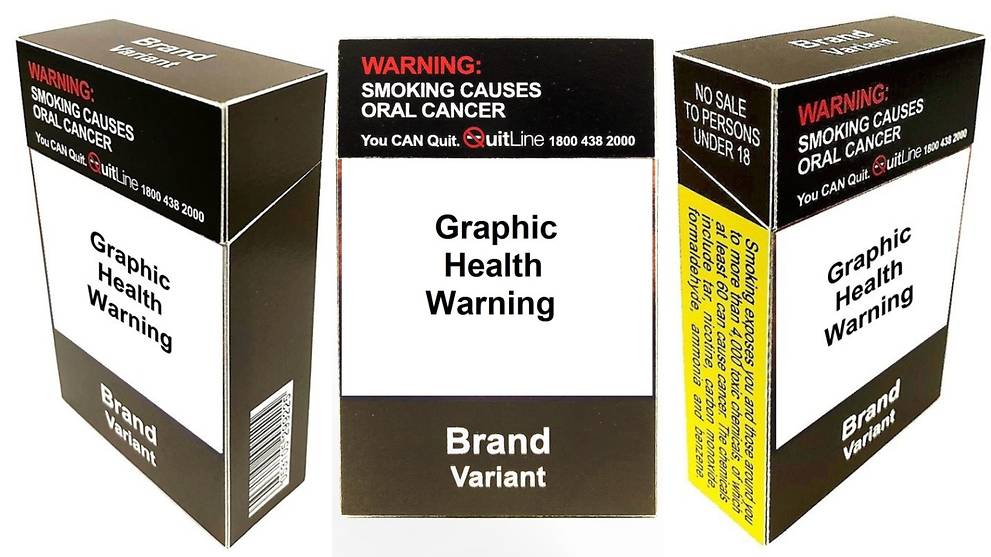
Vaporisers, heated tobacco products banned since 2018
The Singapore Government has also banned emerging and imitation tobacco products since 2018. This category includes:
- Device or articles that resemble tobacco products, like Electronic Nicotine Delivery Systems — also known as vaporisers, which include e-cigarettes.
- Heated tobacco products, i.e. battery-operated devices that heat tobacco to produce an aerosol containing nicotine and other chemicals, which are inhaled by the user through the mouth and taken into the body.
- Smokeless tobacco products, chewing tobacco and shisha
Giving its reasons for outlawing such products, MOH cited the United States Surgeon General as associating e-cigarette use with the eventual using of real cigarettes by young people.
According to MOH, the US National Academy of Sciences, Engineering and Medicine has evidence to show that e-cigarette use increases the likelihood young people using regular cigarettes.
It added that although e-cigarettes have been promoted as a way to stop smoking, there’s not enough evidence to prove that is the case.
MOH also warned that in other countries, e-cigarette promotion among young people has resulted in an increased take-up, and such a trend needs to be avoided in Singapore’s young.
WHO concerned over young people being targeted by tobacco industry
Our efforts in these three areas have definitely caught the attention of the WHO, which is also rolling out its own campaign to curb smoking among young people.
Watch its video here:
According to the WHO, the tobacco industry is targeting young people to take up smoking to maintain their revenue, as they are needed to replace the people who have already died due to smoking.
Mr Amrin also highlighted such efforts, saying,
Pseudo-experts and industry-funded research tried to influence public opinion by downplaying the damaging effects of tobacco in cigarettes, e-cigarettes and other products.
Aware that young people are allegedly being aggressively marketed to by the tobacco companies, the WHO is thus starting counter-campaign in response “debunk myths and expose devious tactics employed by these industries”.
The organisation is even organising a World No Tobacco Day TikTok Challenge, where participants can submit a dance video. The details are on its website.
It aims to create a tobacco-free generation by providing young people with the knowledge and tools to counter tobacco marketing.
Smokers also more likely to get serious case of Covid-19
If that’s not enough to persuade people from quitting smoking, it has also been reported that acute smokers are more likely to die if they catch Covid-19 than even the elderly.
That’s because they’re more susceptible to getting serious respiratory complications when they’re infected with the coronavirus.
More work still needs to be done
According to Mr Amrin, about six Singaporeans pass away daily from ailments linked to smoking, such as cancer, heart disease, stroke and lung disease.
The fight is not over, as about 10.6% of adult Singaporeans still smoke daily, he said.
So while we’re glad over Singapore’s achievements so far, more work still needs to be done to prevent more young people from picking up the habit.
Featured images adapted from Facebook & Facebook.
